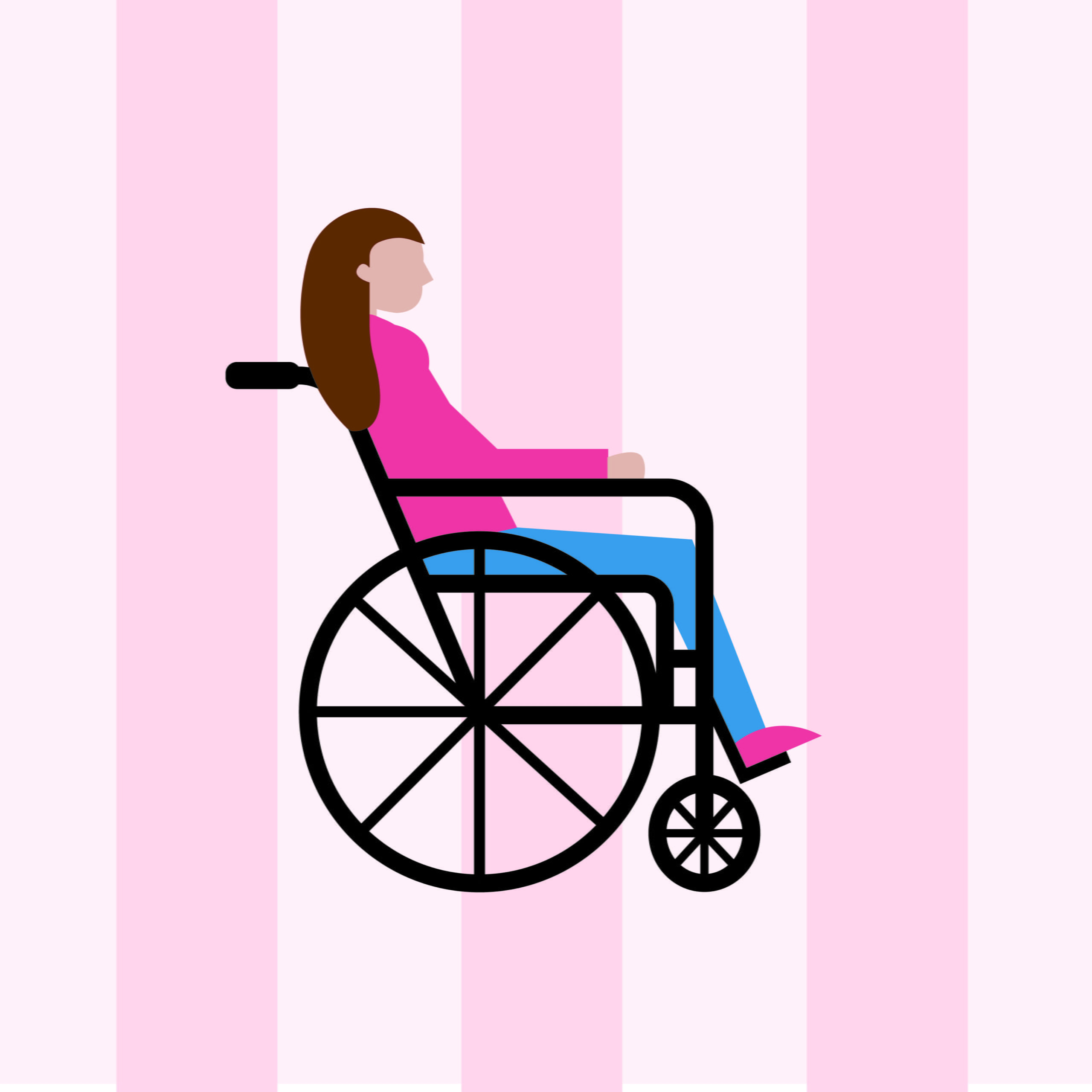Being diagnosed with multiple sclerosis can come as a shock to some but a relief to finally receive answers for others. MS is a chronic disease where the central nervous system is greatly affected. No two people share the exact same symptoms, and these can come and go. Some people have regular attacks, while others constantly suffer for extended periods of time. Continue reading for suggestions on how to cope with specific MS symptoms.
Blurred Vision
Blurred vision can be a very frustrating symptom as it affects most of your day to day living. Resting your eyes can reduce the strain, so ensuring you have regular breaks throughout the day and get plenty of sleep will help. Furthermore, avoiding too much screen time will help. That means that working long hours on a computer is not helpful and staring at your phone should be kept to a minimum.
Loss of balance and poor coordination
Loss of balance and poor coordination can be incredibly debilitating as it stops you from completing many tasks you probably have taken for granted most of your life. Things such as getting out of bed, standing up and climbing stairs all of a sudden seem to become almost impossible and carry the risk of injury. Risk reduction is the major thing to support you in coping with this new-found issue. Avoid carrying out any sort of activity in the dark as that strains your body more and adds further risk. Sensible shoes are a must, so choose ones with a low heel or even walking shoes. Walking with a stick can help too.
Extreme fatigue
Extreme fatigue will come and go with MS. One day, you may feel able to conquer the world and the next, you may find merely walking to the bathroom a challenge. Prioritizing tasks is really important when it comes to your fatigue. Reserve your energy for the most critical activities. If you do feel able to engage in some of your usual activities, try to make them less strenuous to enable you to complete more. Exercise is still important, so short walks, for example, could be incorporated into your daily routine. If you are able to, take little naps during the day to perk you up somewhat. Limiting your caffeine intake may also help.
Muscle spasms and spasticity
There are many different types of treatment and medication available to help ease the pain caused by muscle spasms and spasticity. It is always recommended that you speak with your consultant to ensure the best course of action is being followed. Some people also ultimately choose to use cannabis for medicinal purposes from somewhere like The Green Solution, who will be able to give advice on the best product to use. Physiotherapists will be able to offer a program of exercises to ensure you are able to get the most out of your day with posture and seating positions being most important. Movement is essential to ensure you continue to be as flexible as possible.






